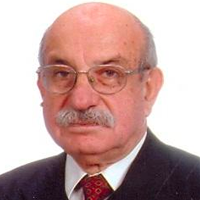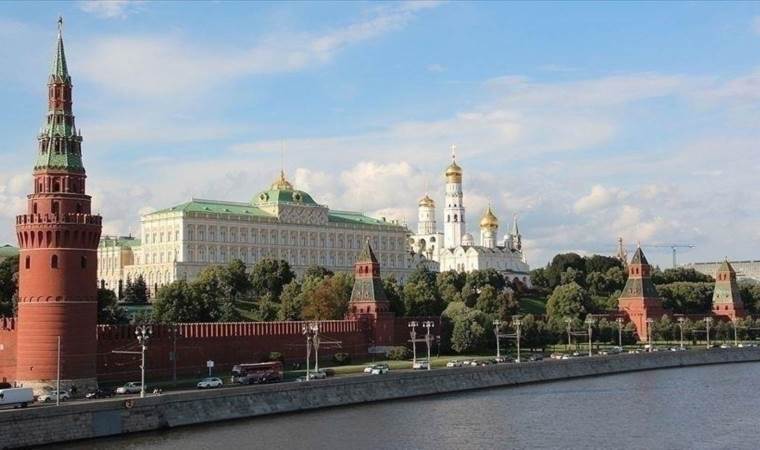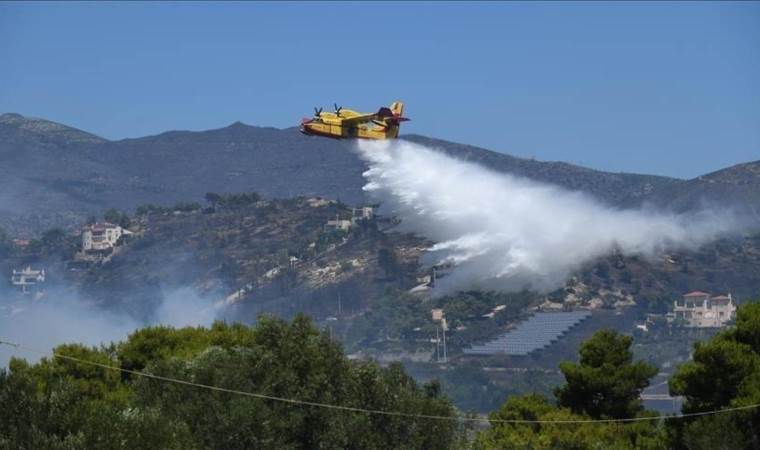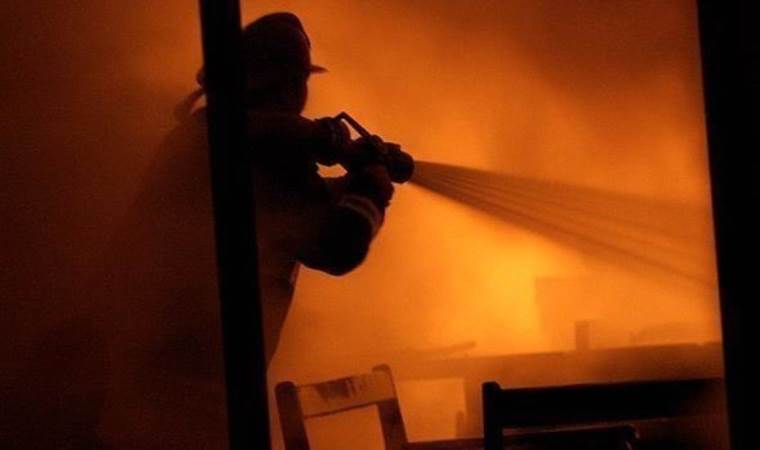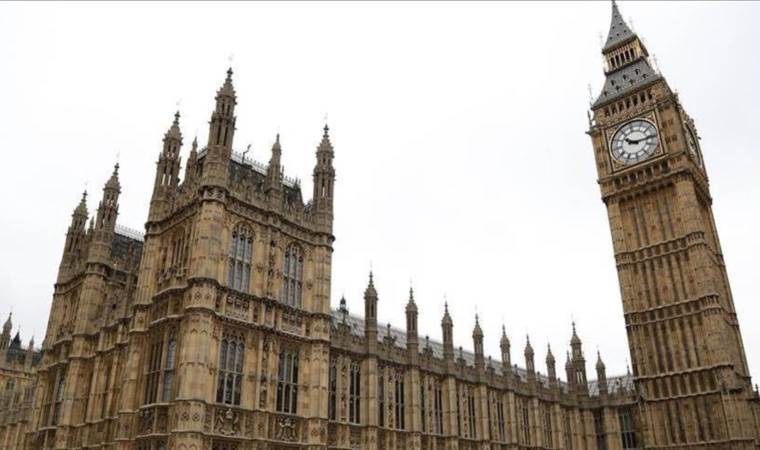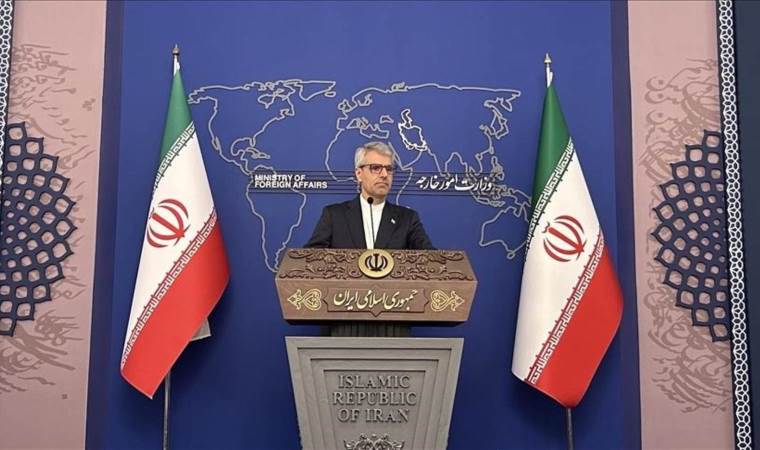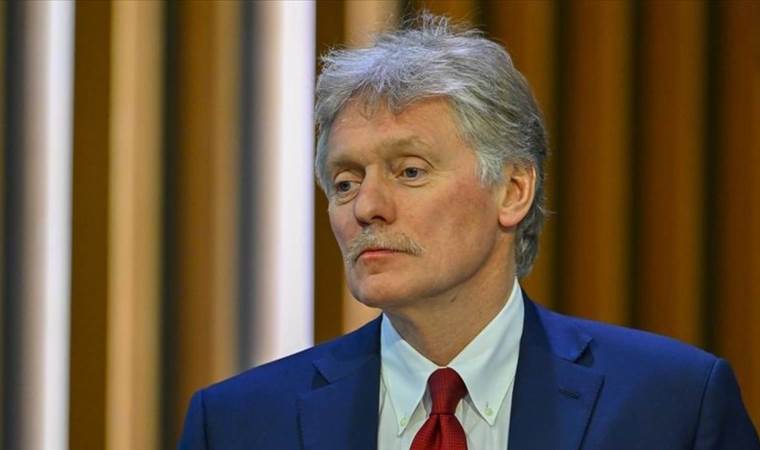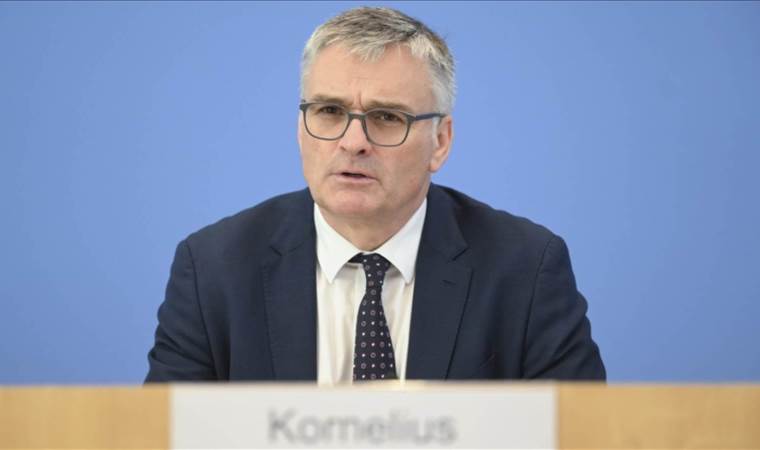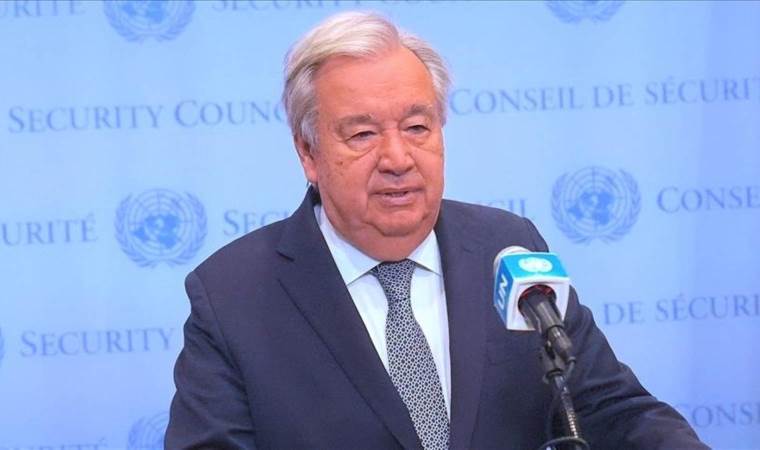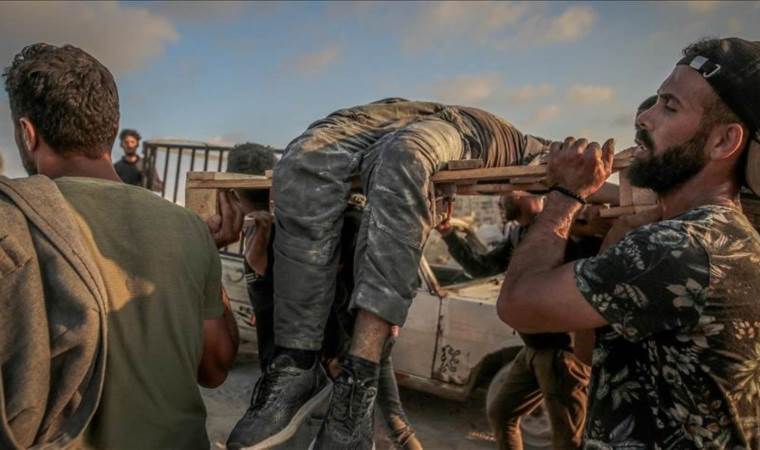Authors Columns of the Day Sport Guest Life All Authors
The problem of lack of education and production
Turkiye faces two fundamental and interrelated issues: production and education. The country struggles to efficiently produce the goods and services its society requires at a reasonable social cost and to provide quality, widespread education.
While TurkStat's inflation figures are more reliable than its economic growth estimates, a truly growing economy, which expands over 12 consecutive periods, should see inflation slow down, unused labor decrease, budget deficits shrink, and trade deficits close. However, despite TurkStat’s claim that domestic production has increased, rising inflation, growing labor reserves, expanding budget and trade deficits, and deepening poverty suggest that the growth is illusory. Growth predictions must be supported by other indicators. Turkey's global ranking based on GDP and per capita income is also declining.
A country's future is determined by its education level. Ideological obsessions and political calculations in education threaten the nation’s independence and the integrity of the unitary state.
Education is not just about importing information; it is about fostering critical thinking, analysis, creativity, personality, and individual skills. Unfortunately, no positive contribution is expected from the Ministry of National Education (MEB) in this regard. MEB's biased stance, appointments, curriculum, and CEDEs (Educational Training Programs) align more with specific political agendas and religious ideologies than with the principles of the Republic.
Expecting legal complaints, discussions, protests, banners, statements, or condemnations to have an impact on MEB’s policies is overly optimistic. Given that a government that disregards Constitutional Court and European Court of Human Rights decisions is unlikely to change its course based on public reactions, it is essential to consider and implement practical alternatives in education.
As a suggestion, educators, NGOs, and political parties—primarily CHP—should collaborate to organize an educational council or workshop. The focus should be on what can be done in terms of institutions, foundations, programs, campuses, and scholarships, with the support of local governments. The scope may not be broad initially, but it’s important to start somewhere.
The philosophy of action can be illustrated by a story: Starfish are stranded on a beach; the soil is wet at night, but by morning, when the soil dries, they will die. Someone throws one starfish back into the sea. A passerby scoffs, saying thousands will die regardless. The response is simple: yes, but one will live. Saving even one should be the guiding philosophy.
Local governments should not only focus on recycling and waste management projects but also on supporting production. Collaborative initiatives among producers, consumers, and local governments should be pursued. Anticipating that the central government may not contribute, or might even obstruct, production projects should be developed and implemented. If the goal is Turkiye, implementation is imperative.
The recent CHP congress has sparked a glimmer of hope with its leadership change. Despite obstacles, a significant portion of the population has seen this light and supported it. CHP must turn this light into one that illuminates the nation, putting aside details and personal conflicts. This is CHP’s duty to the country and its founder.
Yazarın Son Yazıları All Columns
Günün Köşe Yazıları
Most Read News
-
 EU extends sectoral sanctions on Russia
EU extends sectoral sanctions on Russia
-
 Southern Europe swelters as 2025’s first major heatwave
Southern Europe swelters as 2025’s first major heatwave
-
 At least 8 killed in blast at southern Indian pharma fac
At least 8 killed in blast at southern Indian pharma fac
-
 Irish band voices support for Palestine during Istanbul
Irish band voices support for Palestine during Istanbul
-
 UK lawmakers call on government to 'urgently' create Ukr
UK lawmakers call on government to 'urgently' create Ukr
-
 Iran slams IAEA silence to Israeli-US attacks, demands a
Iran slams IAEA silence to Israeli-US attacks, demands a
-
 Russia regrets Azerbaijani decision to cancel cultural e
Russia regrets Azerbaijani decision to cancel cultural e
-
 Germany ‘deeply concerned’ over deadly Israeli strikes n
Germany ‘deeply concerned’ over deadly Israeli strikes n
-
 UN chief warns of ‘decimated’ aid budgets at development
UN chief warns of ‘decimated’ aid budgets at development
-
 Gaza death toll tops 56,500 as Israel continues genocida
Gaza death toll tops 56,500 as Israel continues genocida
